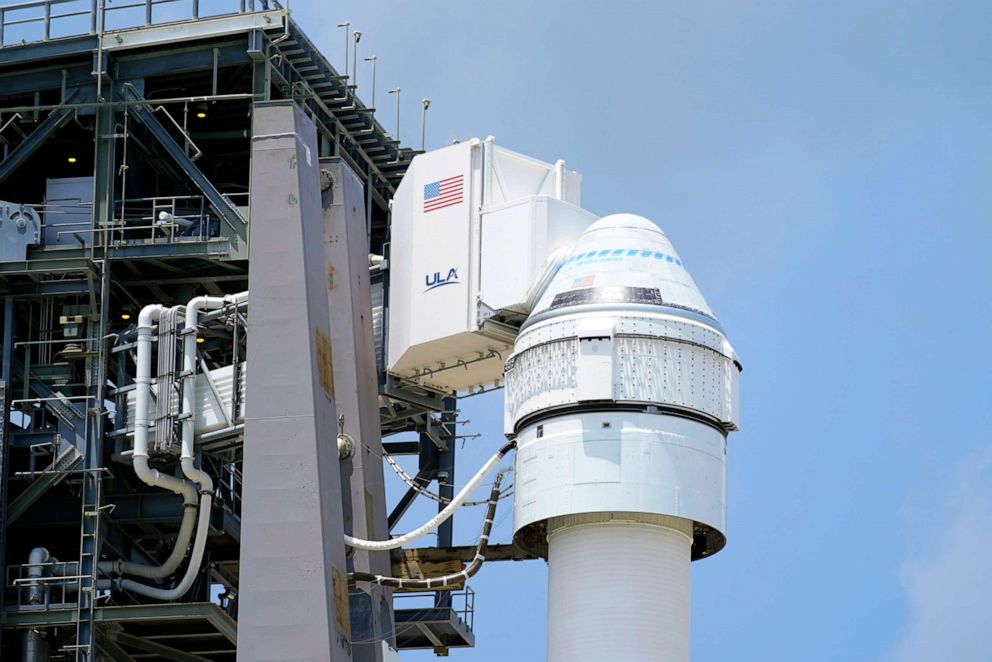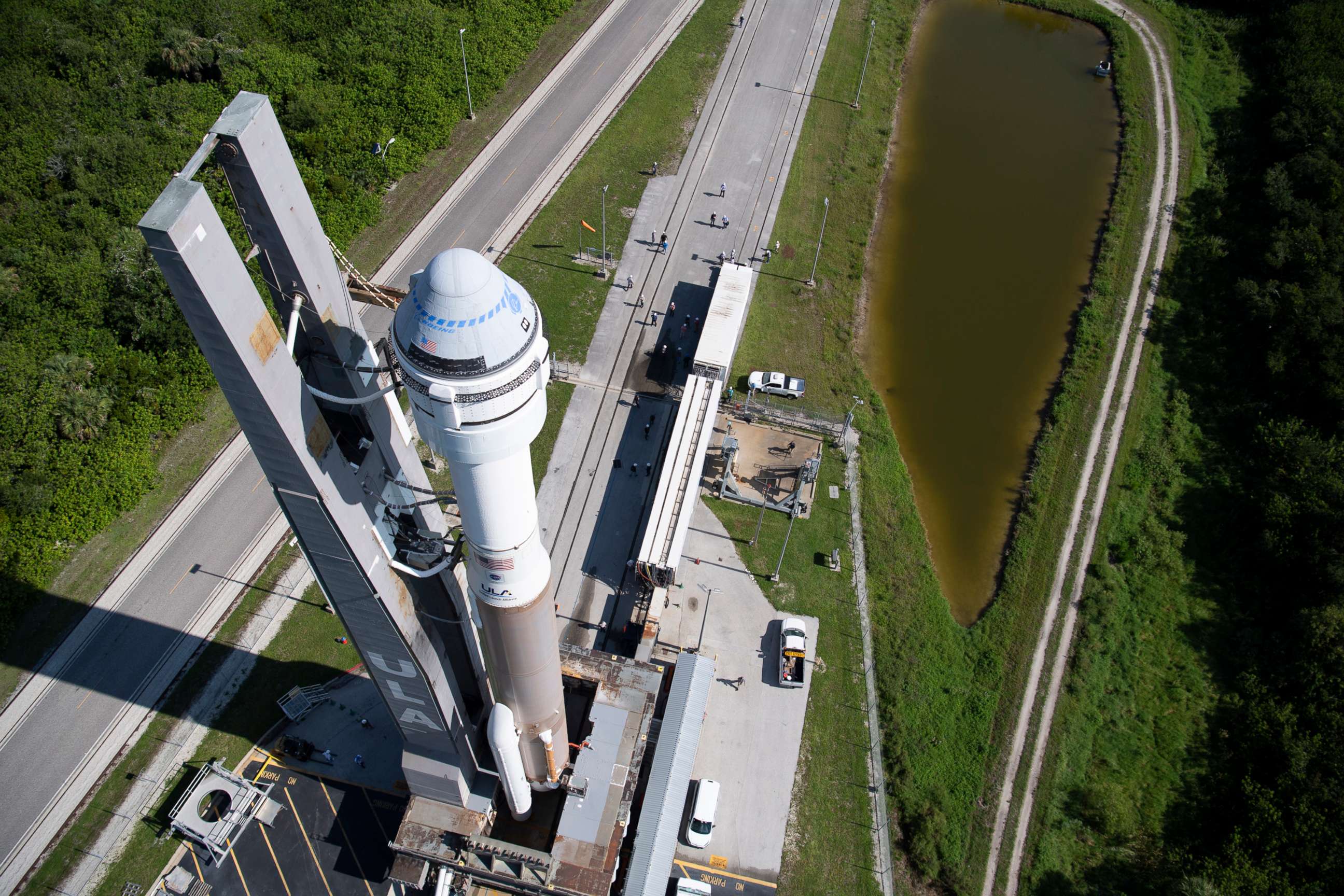Boeing's Starliner launch delayed after Space Station incident
The Starliner's shot at redemption after its 2019 flop has been postponed.
After a very public failure in 2019, Boeing and its Starliner spacecraft have a shot at redemption with their upcoming second test flight.
But it will have to wait for now.
The uncrewed Orbital Flight Test-2 mission was originally scheduled to launch on Friday, but it was scrubbed due to an unexpected incident at the International Space Station where it was set to dock. The next launch opportunity is Tuesday at 1:20 p.m. ET.
While NASA assures space station crew "was never and is not in any danger," flight controllers noticed an unplanned firing of thrusters on the Russian Multipurpose Laboratory Module on Thursday. NASA and Boeing decided to stand down from Friday's launch to give ISS teams more time to conduct checkouts of the newly arrived module, dubbed Nauka.

The Starliner had already been rolled onto the launchpad at Florida's Cape Canaveral Space Force Station on Thursday in preparation for Friday's highly anticipated launch before it was called off.
The mission is seen as critical for Boeing, as it has yet to launch astronauts for NASA while its Commercial Crew program competitor SpaceX has flown multiple crewed missions to the space station in addition to multiple cargo flights. Boeing is also still reeling from the fallout related to issues with its 737 Max jets. If the Starliner launch fails again, it is difficult to see how it will be able to remain competitive against SpaceX for NASA contracts.
NASA and Boeing blamed errors in automation and software issues for the botched launch in December 2019, saying mission clocks were not in sync and thus timing errors prevented Starliner from reaching the orbit it needed in order to get to the space station. Rather than reach the space station, the Starliner landed in White Sands, New Mexico.

While the spacecraft is unmanned, an anthropometric dummy dubbed "Rosie the Rocketeer" will be aboard the Starliner. The 180-pound test device will sit in the commander's seat of the capsule for the test flight, and its sensors will be used to collect data on how the launch will impact eventual human passengers. She was named after the World War II icon Rosie the Riveter, and is meant to honor women pioneers in aerospace.
Boeing also said it will be paying tribute to more than a dozen historically Black colleges and universities during the flight test. Among the cargo inside the spacecraft are flags, small pennants and other items "representing HBCUs from throughout the U.S.," according to a statement from the company.
As the mission is part of NASA's Commercial Crew program, the space agency will carry live coverage of the launch on its website and social media handles. Further information on how to watch is expected to be released once a new launch date is confirmed.
ABC News' Gina Sunseri contributed to this report.



